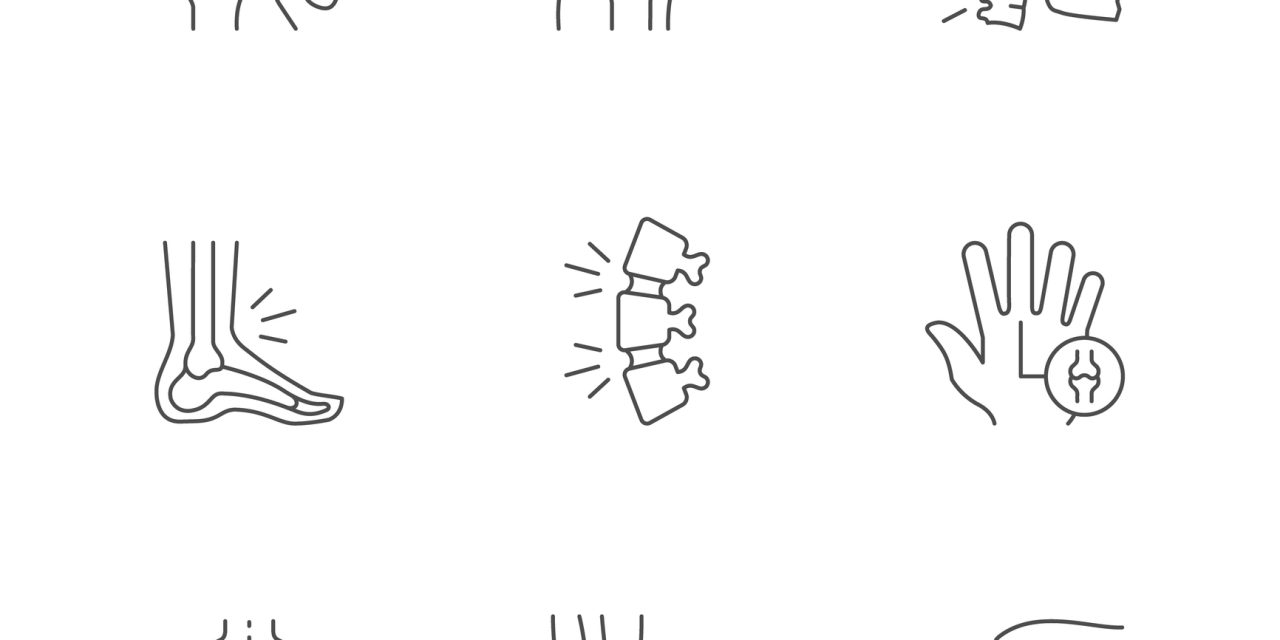This cross-sectional study aimed at comparing the quality of life (Qol), the prevalence of psychiatric diagnosis and pharmacological treatment in 104 candidates to bariatric surgery according to the degree of obesity (class 2 vs. class ≥ 3 obesity).
All surgical candidates underwent a detailed psychiatric interview based on DSM-5 criteria, including sociodemographic, clinical, psychological and psychiatric data. Participants completed the Binge Eating Scale (BES) and the 12-Item Short Form Health Survey (SF-12).
Overall, bariatric candidates reported a significant impairment in the physical (PCS 38.8 [95% CI 36.2-41.5]) and mental (MCS 42.2 [95% CI 40.4-43.9]) components of Qol compared to population norms (p < 0.001 for both). Subjects with class 2 obesity scored significantly lower in the MCS compared to those with class 3 (38.7 (8.1) vs. 43.6 (8.4), p = 0.008). No other statistically significant differences were found between the two groups in terms of sociodemographic and clinical variables.
These data support the usefulness of Qol assessment in bariatric candidates as a sensible screening parameter, especially in patients with lower BMI, in whom MCS could identify the need for early psychosocial intervention.
Level III, case-control analytic study.
Quality of life and psychopathology in candidates to bariatric surgery: relationship with BMI class.


